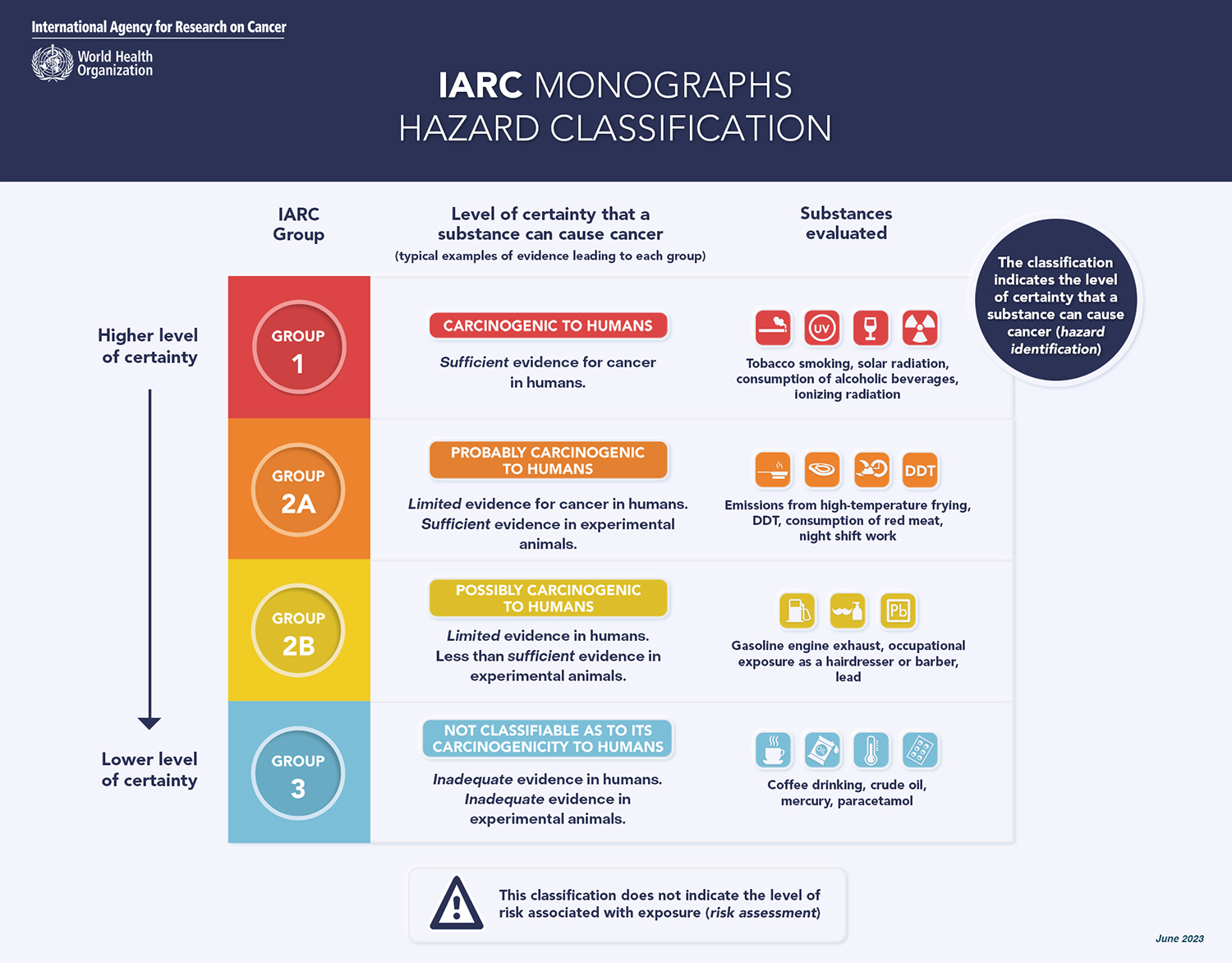 |
| Image Source: WHO |
Recently, the International Agency for Research on Cancer (IARC) and the World Health Organization (WHO) together with the Food and Agriculture Organization (FAO) Joint Expert Committee on Food Additives (JECFA) released their assessments on the health impacts of the artificial sweetener aspartame. This widely used non-sugar sweetener has been a subject of scrutiny regarding its potential carcinogenicity and other health risks. This article aims to provide an overview of the findings and recommendations based on these assessments.
Understanding Aspartame
Aspartame is an artificial sweetener that has been in use since the 1980s. It is commonly found in various food and beverage products, including diet drinks, chewing gum, gelatin, ice cream, yogurt, breakfast cereal, toothpaste, and medications such as cough drops and chewable vitamins. The sweetening power of aspartame is several times greater than that of sugar, allowing for its use in smaller quantities to achieve the desired sweetness.
IARC's Classification and Findings
IARC conducted its evaluation of aspartame for the first time. Based on limited evidence, IARC classified aspartame as possibly carcinogenic to humans (Group 2B). This classification is given when there is limited, but not convincing, evidence for cancer in humans or convincing evidence for cancer in experimental animals but not both. Specifically, IARC noted limited evidence for hepatocellular carcinoma, a type of liver cancer, in humans. Additionally, limited evidence related to the possible mechanisms for causing cancer was identified.
JECFA's Risk Assessment and Acceptable Daily Intake
JECFA, on the other hand, conducted its third evaluation of aspartame. After reviewing the available scientific literature, JECFA concluded that there was no sufficient reason to change the previously established acceptable daily intake (ADI) of 0–40 mg/kg body weight for aspartame. The ADI represents the amount of a substance that can be consumed daily over a lifetime without appreciable health risk. It is important to note that the ADI is a conservative estimate, providing a wide margin of safety.
To put this into perspective, an adult weighing 70 kg would need to consume more than 9–14 cans of diet soft drink containing 200 or 300 mg of aspartame each day to exceed the acceptable daily intake, assuming no other intake from other food sources.
IARC's Hazard Identification and Risk Assessment
It is crucial to distinguish between hazard identification and risk assessment. IARC's hazard identification is the first step in understanding the potential of an agent to cause harm, specifically cancer. The classification does not indicate the risk of developing cancer at a given exposure level. The strength of evidence for cancer in humans and experimental animals determines the hazard classification.
JECFA's risk assessment, on the other hand, focuses on determining the probability of harm, such as cancer, occurring under specific conditions and levels of exposure. JECFA considers evidence from animal and human studies and concluded that there is no convincing evidence of an association between aspartame consumption and cancer in humans.
Recommendations for Further Research
Both IARC and JECFA emphasize the need for further research to refine our understanding of the potential carcinogenic hazard associated with aspartame consumption. IARC suggests the necessity for more comprehensive studies to investigate the possible association between aspartame and cancer, with a focus on mechanisms relevant to insulin regulation, metabolic syndrome, and diabetes.
Furthermore, JECFA emphasizes the importance of long-term follow-up studies, repeated dietary questionnaires, and randomized controlled trials to provide more robust evidence. These recommendations aim to address the limitations in the current scientific literature and provide a clearer understanding of the potential health effects of aspartame.
Conclusion
The recent assessments by IARC and JECFA shed light on the potential health impacts of aspartame consumption. While IARC classified aspartame as possibly carcinogenic to humans based on limited evidence, JECFA reaffirmed the established acceptable daily intake, suggesting that aspartame consumption within this limit is safe.
It is important to note that the evaluations conducted by these organizations reflect the strength of scientific evidence but do not necessarily indicate the actual risk of developing cancer at typical exposure levels. As with any food additive, continued monitoring and further research are essential to ensure consumer safety.





No comments:
Post a Comment